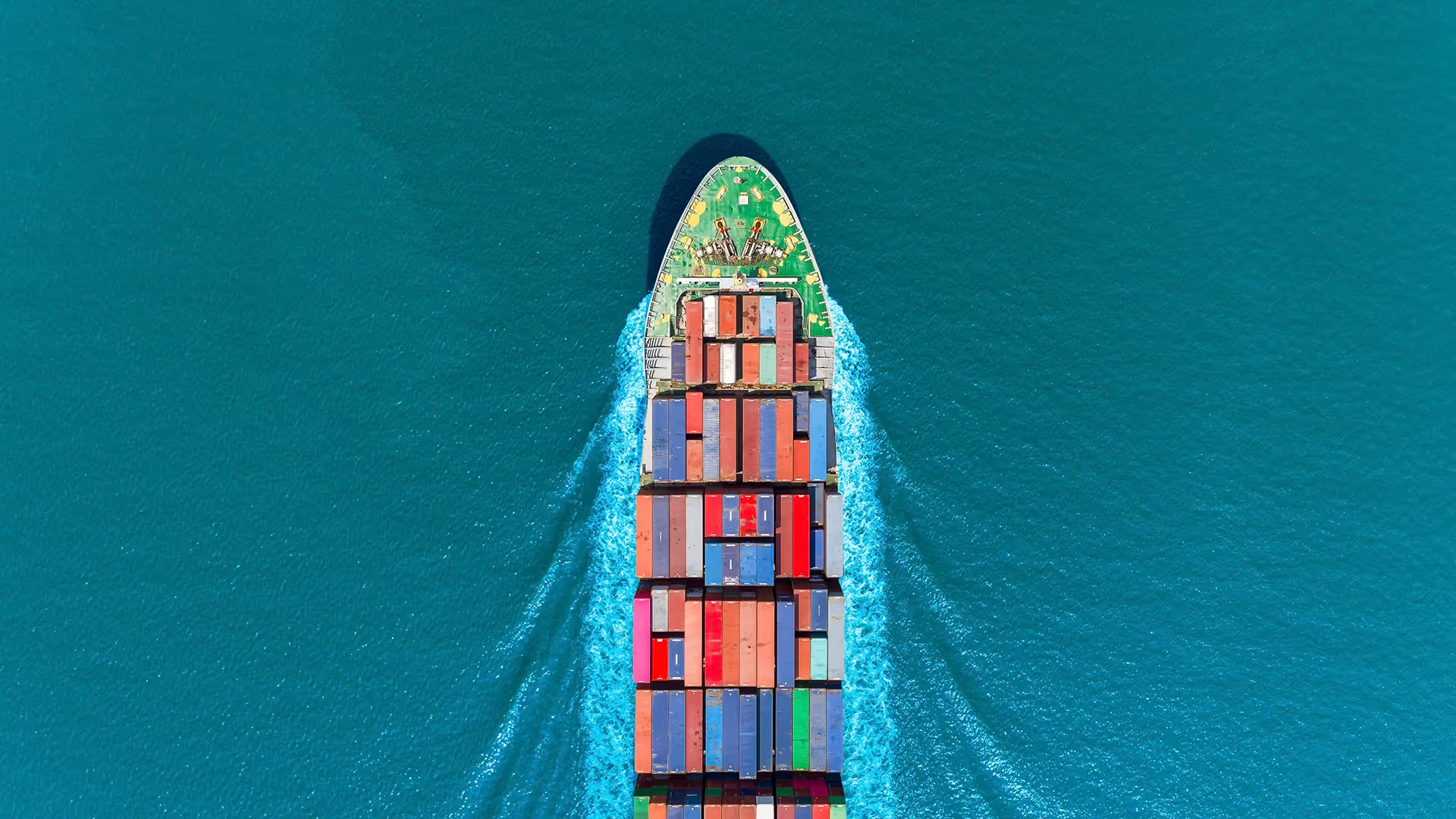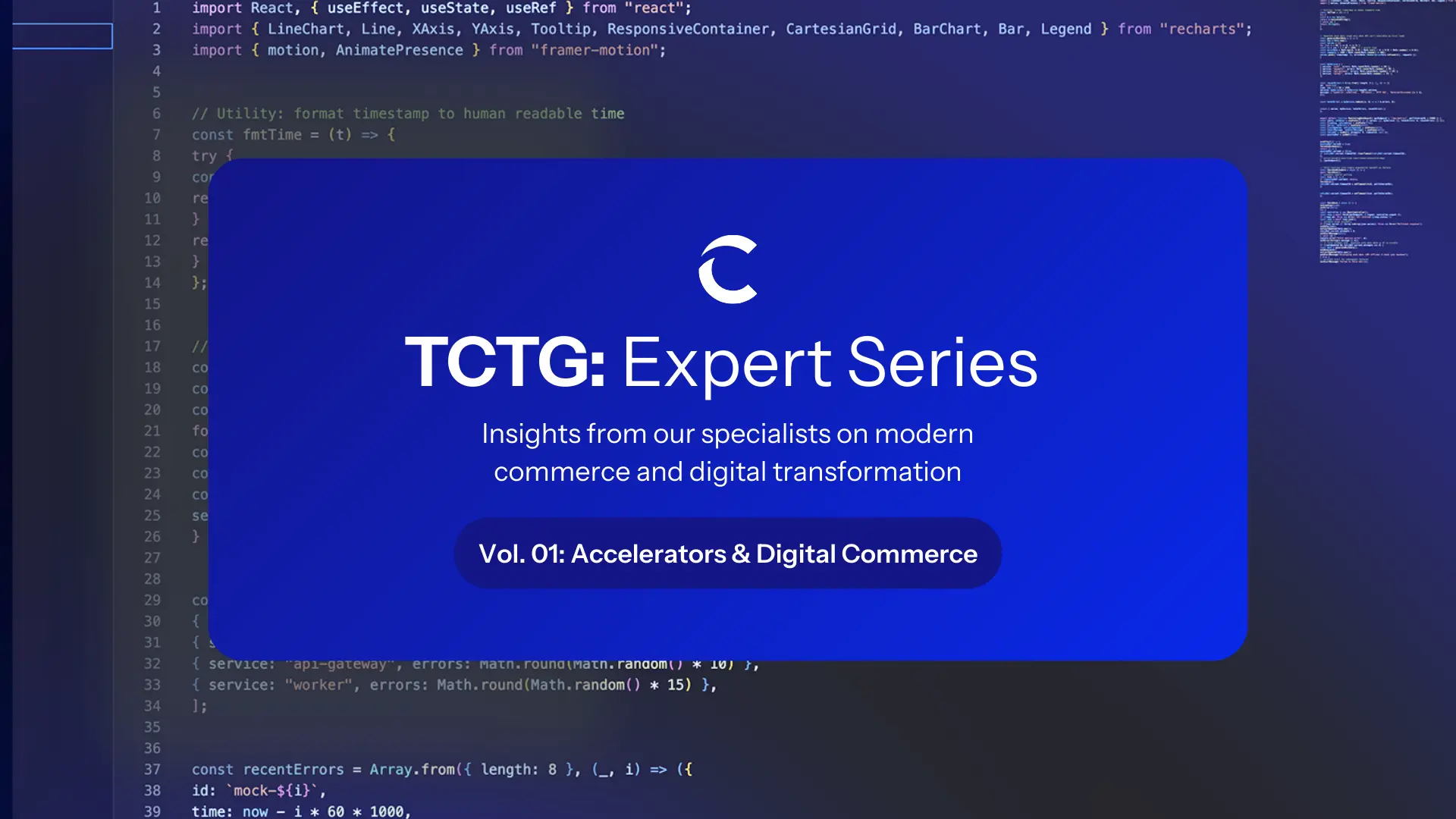
Scaling Internationally: Proven Strategies for Global Brands in 2025
Introduction
With 12 to 24 million active e-commerce platforms worldwide, it's no longer about whether to expand internationally, but how quickly and effectively you can do so before your competitors claim crucial market share. The growth in the past few years was impressive: in 2022, the global e-commerce market was valued at $16.6 trillion, while market size was forecast to reach $70.9 trillion by 2028, with a CAGR of 27.38% from 2022-2028. (Investing Ecommerce)
This expansive growth trajectory demands strategic technology selection that can accommodate the nuanced requirements of global commerce while providing the flexibility to adapt to regional market dynamics. One such technology is Global-e, The Commerce Team Global’s partner of choice for helping our clients expand internationally.
The challenge goes beyond technology—it's a critical step in ensuring your brand's long-term success. Pimberly states: "The most dangerous decision in e-commerce today is neglecting to choose an international expansion platform based on current needs rather than future possibilities and adapting to changing consumer behaviour and technological advancements." (Pimberley, 2025)
What Should Brands Focus on to Achieve International E-commerce Success
Expanding into new markets brings immense opportunity—but brands must prioritise strategic focus areas that ensure relevance, scalability, and long-term growth. With over 20 years of experience working on 250+ projects worldwide and with 50+ brands, The Commerce Team Global recommend focusing on the following to expand globally in 2025:
- Multi-currency and Multi-language Capabilities
Effective international commerce requires a presentation of pricing in local currencies and content in local languages. Fashion retailer ASOS experienced a 6% increase in conversion rates across European markets after implementing dynamic currency conversion and expanding language options from three to eight on their platform. (Marketing Week)
Research shows that 46% of the top 50 eCommerce sites offer content in four or more languages. (Globalization Partners) Language expansion opens up opportunities for growth through delivering native experiences across their target regions. It’s interesting to see that 16 of these sites got more than 20% of their total traffic from cross-border users.

Beyond basic translation, true localisation encompasses cultural nuances, regional preferences, and market-specific customer expectations. According to CSA Research, 75% of global consumers prefer to shop in their native language, and nearly 60% rarely or never buy from English-only sites.
This need for deep localisation was central to The Commerce Team Global’s recent work with BioGaia, a leader and pioneer in the probiotics industry. We supported their expansion across EMEA and APAC with the development of a unified commerce account on Shopify —managing the migration while delivering UX and brand adjustments tailored to each market, along with comprehensive language localisation and multi-language solutions for their storefronts.
- Compliance with Local Regulations
Navigating the complex web of international regulations presents a significant challenge for expanding businesses. A 2024 survey by Deloitte found that e-commerce businesses cite regulatory compliance as their primary concern when entering new markets, having delayed expansion due to uncertainty about meeting local requirements. Baker McKenzie highlights that non-compliance penalties have increased by an average of 35% across major markets since 2023, with cross-border sellers facing particularly stringent enforcement in the EU and Asia-Pacific regions.
With an uncertain and constantly evolving regulatory landscape your brand can't afford to delay launches due to compliance uncertainty—and failure to get it right can result in costly penalties, delayed shipments, held goods at customs, or even damage to customer trust. Hence, using a platform that manages tax compliance and supports adherence to local laws is essential.

Operating as the Merchant of Record, Global-e assumes responsibility for international transactions, ensuring compliance with local tax laws, fraud prevention measures, and consumer protection regulations. This includes accurately calculating and collecting duties and taxes, adhering to data protection standards, and alignment with regional e-commerce laws.
- Integrations with Regional Payment Providers, Logistics, and Tax Engines
The ability to integrate with local service providers represents a critical differentiator for international e-commerce platforms. Markets vary significantly in preferred payment methods, logistics expectations, and tax requirements.
Research by WorldPay reveals that 42% of online shoppers will abandon a purchase if their preferred payment method isn't available. In China, mobile wallet payments account for 72% of e-commerce transactions, compared to just 22% in the United Kingdom. (Payments Journal)
According to the 2024 Global Payments Report by Adyen, retailers offering at least three locally preferred payment methods per market see an average 23% increase in checkout completion rates. The report also noted that integration with regional logistics providers reduced delivery-related customer service enquiries by 40% and improved repeat purchase rates by 17%.
By partnering with Adyen, a leader in payment technology and financial platform, The Commerce Team Global have delivered a comprehensive payment solution for Ann Summers on Salesforce Commerce Cloud. With Adyen, Ann Summers process transactions, handle refunds, and manage payment statuses in over 95 currencies, offering over 150 different payment methods, depending on the shipping country selected.

Final Takeaways
To succeed globally in 2025, brands must combine strategic technology choices with deep localisation and full regulatory compliance. It’s not just about reaching new markets; it’s about resonating with your customers shopping habits.
If you’re looking for the right tech stack to support your global expansion, our solution consultants can help design a tailored project roadmap and guide you through every stage of implementation. We are a multi-ecommerce platforms integrator, and our certified engineers are specialists in technology implementations from Salesforce, Scayle, Shopify and BigCommerce. Giving you more choice and options, as well as impartial advice to find the right solution to meet your business objectives.
Reach out to info@thecommerceteam.com

.webp)

